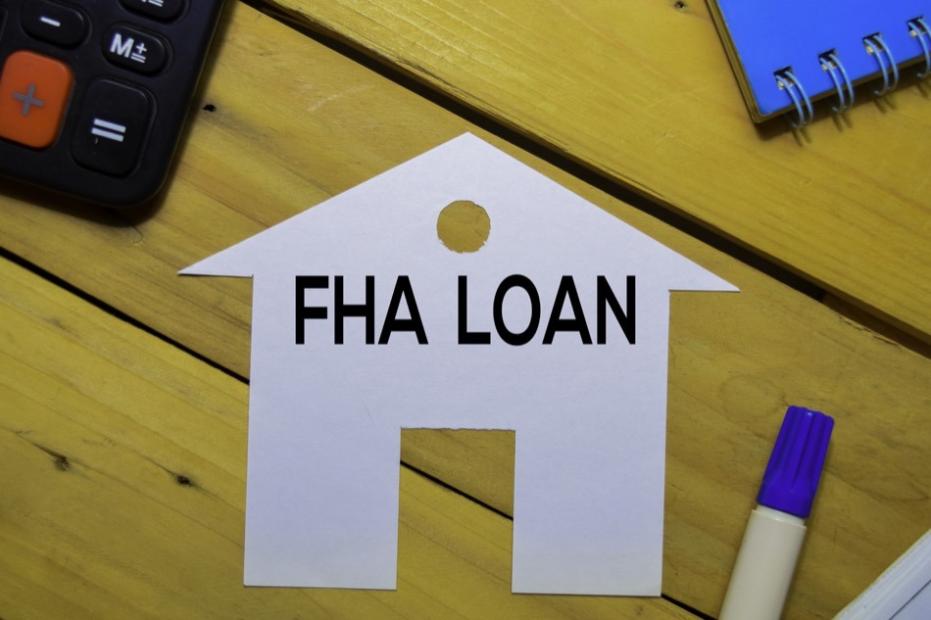What's the Difference Between an FHA Loan and a Conventional Loan?
When it comes to financing a home, there are two main types of loans to choose from: FHA loans and conventional loans. Both have their own unique advantages and disadvantages, so it's important to understand the differences before making a decision.

I. FHA Loans
FHA loans are insured by the Federal Housing Administration (FHA). This means that the government backs the loan, which makes it less risky for lenders. As a result, FHA loans typically have more lenient eligibility requirements than conventional loans.
Eligibility:
- Lower credit score requirements (as low as 580)
- Lower down payment options (as low as 3.5%)
- Relaxed debt-to-income ratios
Benefits:
- More accessible to first-time homebuyers and those with less-than-perfect credit
- Lower upfront costs
Drawbacks:
- Higher mortgage insurance premiums
- May require a second mortgage
II. Conventional Loans
Conventional loans are not insured by the government. This means that they are more risky for lenders, which is why they typically have stricter eligibility requirements than FHA loans.
Eligibility:
- Higher credit score requirements (typically 620 or higher)
- Higher down payment options (typically 20% or more)
- Stricter debt-to-income ratios
Benefits:
- Lower interest rates
- No mortgage insurance premiums after 20% down payment
Drawbacks:
- Less accessible to those with lower credit scores or limited down payment funds
Comparison Of FHA And Conventional Loans
The following table summarizes the key differences between FHA and conventional loans:
| Feature | FHA Loans | Conventional Loans |
|---|---|---|
| Eligibility | More lenient | More strict |
| Down Payment | Lower (as low as 3.5%) | Higher (typically 20% or more) |
| Mortgage Insurance | Required for the life of the loan | Only required until 20% equity is reached |
| Interest Rates | Typically higher | Typically lower |
| Closing Costs | May be higher due to mortgage insurance premiums | Typically lower |
Which Loan Type Is Right For You?

The best way to determine which loan type is right for you is to consider your financial situation and goals. If you have a lower credit score or limited down payment funds, an FHA loan may be a good option. If you have a higher credit score and can afford a larger down payment, a conventional loan may be more beneficial.
It's important to talk to a lender to get pre-approved for a loan before you start shopping for a home. This will give you a better idea of how much you can afford to borrow and what your monthly payments will be.
YesNo

Leave a Reply